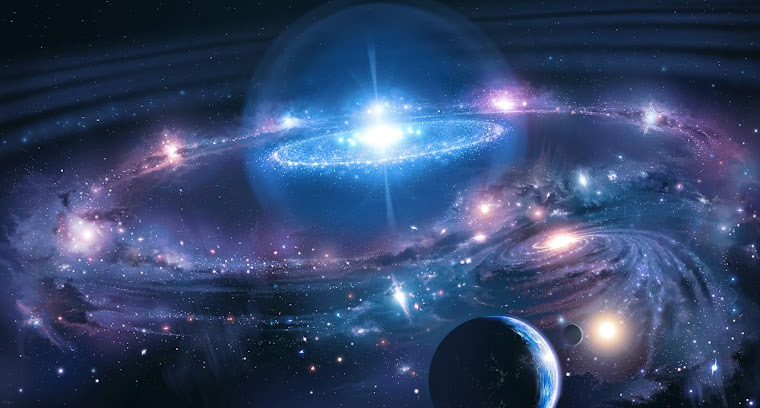
Thursday, September 29, 2011
my sound
I made my sound to express the daily life of Commuter travel by train and what it sounds like at the platforms in Union Station as people get on and off the trains
Monday, September 19, 2011
sound mark
A sound trademark is a non-conventional trademark where sound is used to perform the trademark function of uniquely identifying the commercial origin of products or services.
In recent times, sounds have been increasingly used as trademarks in the marketplace. However, it has traditionally been difficult to protect sounds as trademarks through registration, as a sound was not considered to be a 'trademark'. This issue was addressed by the World Trade Organization Agreement on Trade-Related Aspects of Intellectual Property Rights,[1] which broadened the legal definition of trademark to encompass "any sign...capable of distinguishing the goods or services of one undertaking from those of other undertakings" (article 15(1)).
Despite the recognition which must be accorded to sound trademarks in most countries, the graphical representation of such marks sometimes constitutes a problem for trademark owners seeking to protect their marks, and different countries have different methods for dealing with this issue.
keynote songs
A keynote in literature, music, or public speaking establishes the principal underlying theme. In corporate or commercial settings, greater importance is attached to the delivery of a keynote speech or keynote address. The keynote will lay down the framework for the following programme of events or convention agenda; frequently the role of keynote speaker will also include the role of convention moderator. It will also flag up a larger idea — a literary story, an individual musical piece or event.
Tuesday, September 6, 2011
a moment in my past
One mourning of the day I was very ill, I was dreaming of a bull race, the first time that the bull had past, i had felt only a tiny rumble. I had got a little scared, but as the second time around, the rumble got bigger and I fell out of my bed. I was so horrified that I went right into my parents bed, while they were gone, and tried to watch t.v. and go to sleep. I would later find out that it was an earth quake that had struck, but the dream went hand and hand with the earth quake, and so for a moment, I had thought that I was crazy
Krapps last tape
IN Samuel Beckett's ''Krapp's Last Tape,'' a disintegrating 69-year-old
man sits in a dark cell of a room, randomly reviewing taped journals of
his life at age 39. As Krapp's life unwinds, we survey the detritus of a
painfully familiar existence - the death of parents, the loss of love,
the defeat of noble aspirations and resolutions, the eternally losing
battle against the allure of drink and the unruliness of the bowels. How
small and pointless the life of the 39-year-old Krapp looks, both to us
and to the utterly defeated Krapp of 30 years later. ''The earth might
be uninhabited,'' says Krapp - and so it might, even with him inhabiting
it.
The poetry is in the details of Krapp's remembered life. Whether we're hearing of ''a girl in a shabby green coat on a railway-station platform'' or even of a ''small, old, black, hard, solid rubber ball'' once surrendered to a dog, the specificity of the imagery always grounds Krapp as a character; he never becomes simply a symbolic vessel for the conveyance of abstract ideas. The play's drama exists not only in the gradual piecing together of the sad little stories of Krapp's autobiography but also in the contrapuntal psychological tension between the dying man at 69 and the still arrogant striver of 39. The humor is in Beckett's typical insistence on giving his lonely protagonist the costume, props and deeds of a clown: There's a banana peel handy for a near-pratfall, not to mention a verbal vaudeville gag featuring the unlikely consultation of a dictionary. Terror, of course, arrives in the gnawing threat of extinction; the gaping silence of death envelops the isolated Krapp and his room at every instant. And yet ''Krapp's Last Tape'' is not a wholly depressing play. In Krapp's pathetic attempts to rearrange, catalogue, evaluate, savor and combat existence with his tapes and their accompanying ledger, he is, in his way, making the one thing out of hopelessness that even Beckett concedes can be made out of it - art.
The poetry is in the details of Krapp's remembered life. Whether we're hearing of ''a girl in a shabby green coat on a railway-station platform'' or even of a ''small, old, black, hard, solid rubber ball'' once surrendered to a dog, the specificity of the imagery always grounds Krapp as a character; he never becomes simply a symbolic vessel for the conveyance of abstract ideas. The play's drama exists not only in the gradual piecing together of the sad little stories of Krapp's autobiography but also in the contrapuntal psychological tension between the dying man at 69 and the still arrogant striver of 39. The humor is in Beckett's typical insistence on giving his lonely protagonist the costume, props and deeds of a clown: There's a banana peel handy for a near-pratfall, not to mention a verbal vaudeville gag featuring the unlikely consultation of a dictionary. Terror, of course, arrives in the gnawing threat of extinction; the gaping silence of death envelops the isolated Krapp and his room at every instant. And yet ''Krapp's Last Tape'' is not a wholly depressing play. In Krapp's pathetic attempts to rearrange, catalogue, evaluate, savor and combat existence with his tapes and their accompanying ledger, he is, in his way, making the one thing out of hopelessness that even Beckett concedes can be made out of it - art.
Subscribe to:
Comments (Atom)